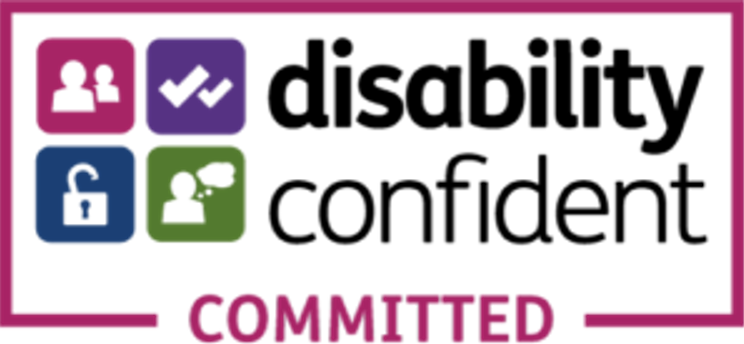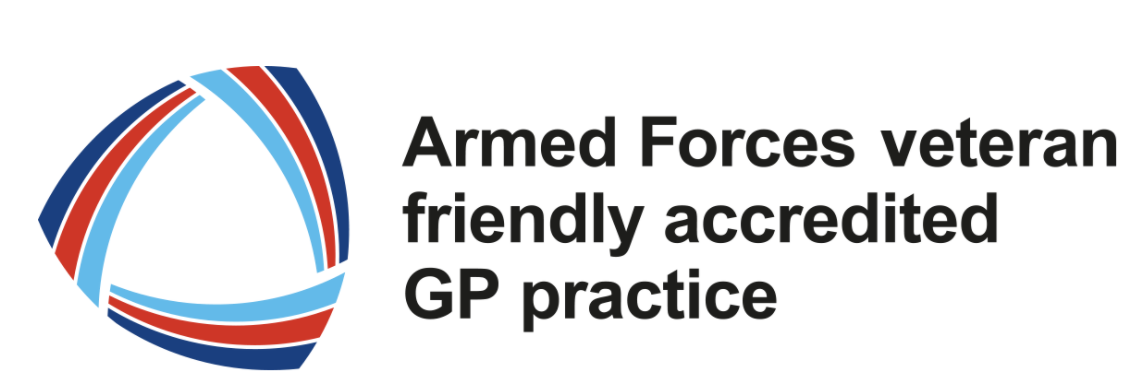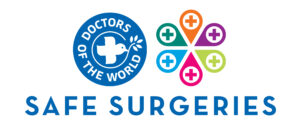If you require any vaccinations relating to foreign travel please download and complete our travel vaccination form and bring into the surgery or complete the online form at the bottom of the home page marked ‘Travel Questionnaire’. The Nurses will then check your medical records and the destinations you are travelling to and work out if you need any vaccinations. Reception will then contact you in order to make an appointment for the vaccinations or let you know if you require vaccinations we cannot provide such as Yellow Fever.
Please do not book an appointment without having the results of your Travel Vaccines Questionnaire confirmed as the nurses do need time to confirm all details and ensure we have the required vaccinations in stock.
It is important to make your initial appointment as early as possible – at least 6 weeks before you travel – as a second appointment will be required with the practice nurse to actually receive the vaccinations. These vaccines have to be ordered as they are not a stock vaccine. Your second appointment needs to be at least 2 weeks before you travel to allow the vaccines to work.
The following vaccines will have to be paid for regardless of whether you have your vaccinations at your GP surgery or a private travel clinic:
Hepatitis B, Meningitis C and other meningitis vaccines, Japanese encephalitis, Rabies, tick-borne encephalitis or tuberculosis.
You will also need to pay for any Malaria treatments you require.
Under NHS legislation the NHS ceases to have responsibility for people when they leave the UK. However, if you are going to be travelling abroad and need medication for a stable pre-existing health condition, your GP may prescribe you with up to 3 months medication if they deem this medically appropriate.
If you are going to be abroad for longer than 3 months, you will need to make arrangements to obtain a supply of medication at your destination. You can do this by either registering with a doctor in the country you are visiting, or buying the medication from a pharmacist while you are away.
Patients sometimes request a prescription for medication they think they may need when abroad, for example in case they get diarrhoea, a reaction to mosquito bites, or if their period might be due. Depending on the circumstances of the request, a GP may or may not agree to prescribe medication in these situations. If the GP does agree to prescribe medication, this will always be deemed a private prescription, and the medication will have to be paid for at the pharmacy.
For more information please click here




